The Ultimate List Of Companion Plants For Vegetable Gardens
The Ultimate List of Companion Plants for Vegetable Gardens
Companion planting is the practice of planting different types of plants together in order to benefit each other. This can be done to improve the growth, flavor, and pest resistance of your vegetables.
There are many different companion planting combinations that you can try, but some of the most popular include:
- Basil and tomatoes: Basil repels thrips, which can damage tomatoes. It also improves the flavor of tomatoes.
- Beans and corn: Beans fix nitrogen in the soil, which is beneficial for corn. Corn provides shade for beans, which helps to prevent them from bolting.

- Carrots and onions: Onions repel carrot flies, which can damage carrots. Carrots help to improve the flavor of onions.

- Cucumbers and melons: Cucumbers and melons both benefit from being planted near each other. Cucumbers help to prevent melons from getting powdery mildew, and melons help to keep cucumbers cool.

- Dill and tomatoes: Dill attracts ladybugs, which eat aphids, a common pest of tomatoes. Dill also improves the flavor of tomatoes.
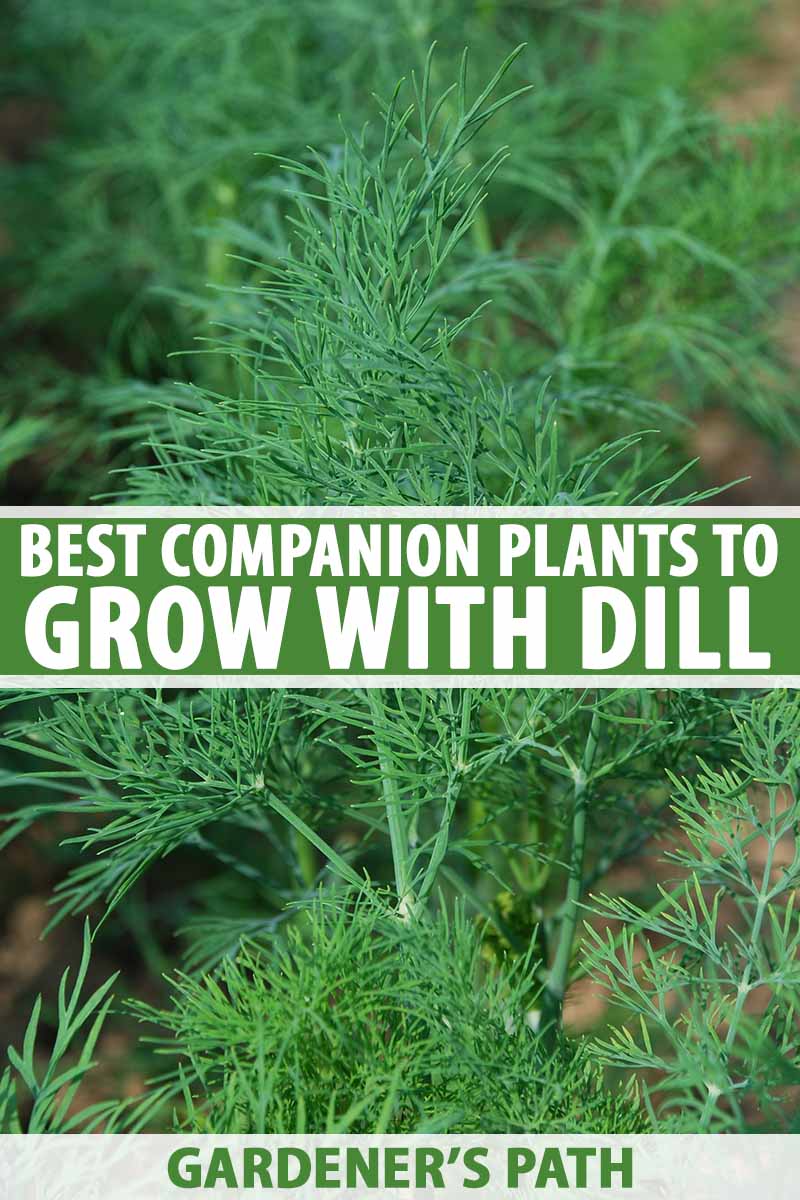
- Marigolds and almost anything: Marigolds are a great companion plant for almost any vegetable. They repel a variety of pests, including aphids, beetles, and nematodes.

- Nasturtiums and cabbage: Nasturtiums attract aphids, which helps to protect cabbage from these pests. Nasturtiums also improve the flavor of cabbage.
- Peas and lettuce: Peas and lettuce benefit from being planted near each other. Peas help to improve the flavor of lettuce, and lettuce helps to suppress the growth of weeds.
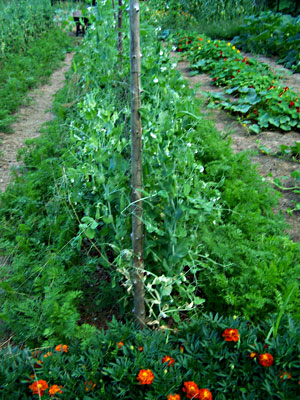
- Potatoes and beans: Potatoes and beans benefit from being planted near each other. Beans fix nitrogen in the soil, which is beneficial for potatoes. Potatoes help to suppress the growth of weeds.
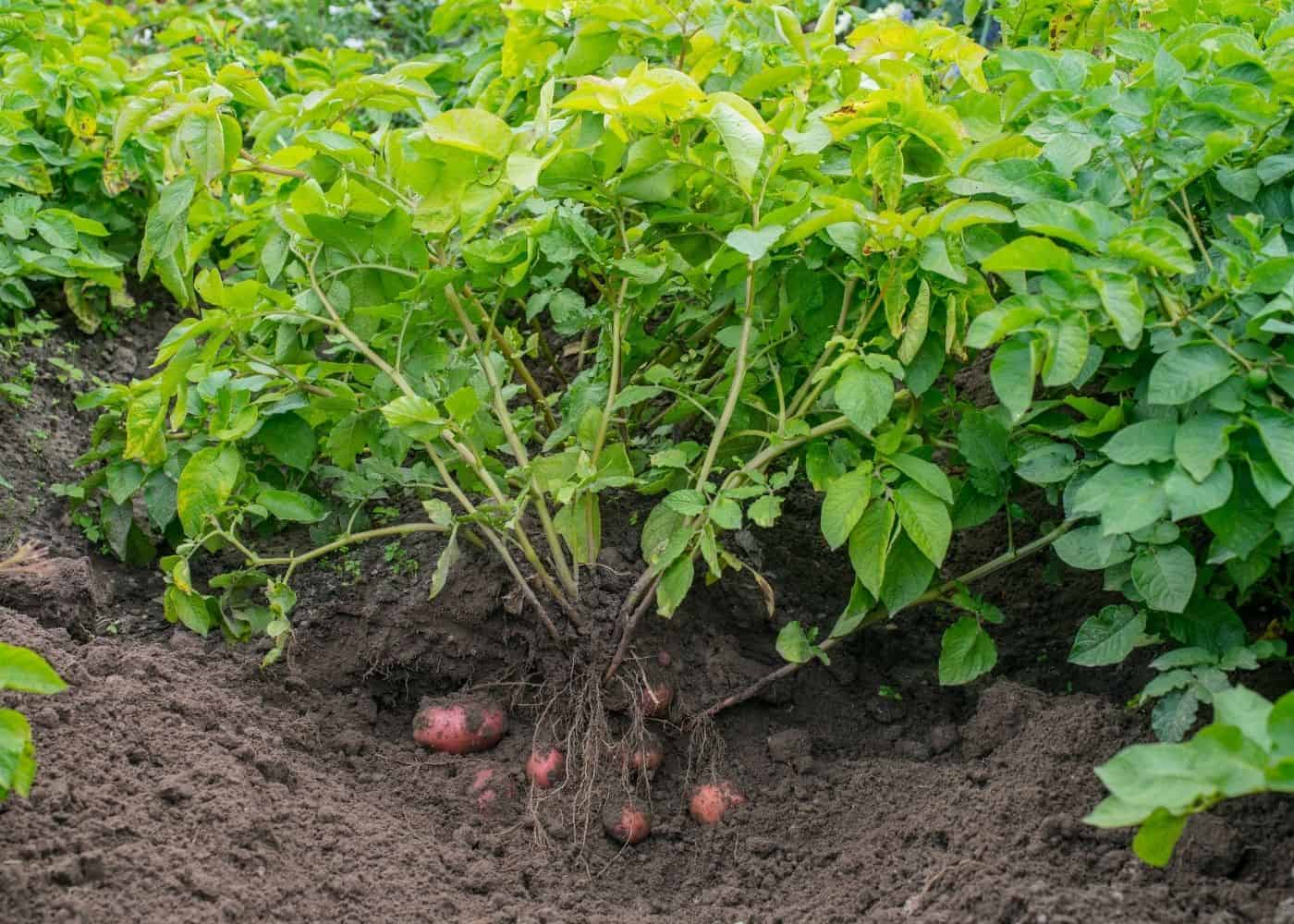
These are just a few of the many different companion planting combinations that you can try. By planting your vegetables in the right combination, you can improve their growth, flavor, and pest resistance.
Companion planting is a gardening technique that involves planting certain types of plants together to benefit each other. Some companion plants can help to deter pests, attract beneficial insects, improve soil health, or even improve the flavor of the vegetables.
If you're interested in learning more about companion planting, I recommend visiting Gardenia Inspiration. This website has a comprehensive list of companion plants for vegetable gardens, as well as information on the benefits of companion planting.
Here are a few examples of companion plants:
- Basil and tomatoes: Basil helps to repel thrips and tomato hornworms, and it also enhances the flavor of tomatoes.
- Marigolds and cabbage: Marigolds repel cabbage moths and other pests that can damage cabbage plants.
- Peas and beans: Peas and beans fix nitrogen in the soil, which can benefit other plants in the garden.
- Spinach and corn: Spinach can help to shade corn roots, which can help to keep them cool.
I hope this gives you a better understanding of companion planting. If you're interested in learning more, I recommend visiting Gardenia Inspiration.
FAQ of list of companion plants for vegetable gardens
Q: What are companion plants?
A: Companion plants are plants that complement one another in terms of growth and production. They can be planted together to help each other thrive, either by attracting beneficial insects, deterring pests, or improving soil quality.
Q: What are some good companion plants for vegetable gardens?
A: Here are some of the most popular companion plants for vegetable gardens:
- Beans and peas: These nitrogen-fixing plants can help to improve the soil quality for other plants in the garden.
- Carrots and onions: These plants help to repel each other's pests.
- Cucumbers and melons: These plants benefit from being planted near each other, as they help to create shade and humidity.
- Herbs: Many herbs can be planted near vegetables to help repel pests or attract beneficial insects. Some good examples include basil, chives, dill, mint, and marigolds.
- Tomatoes and peppers: These plants benefit from being planted near each other, as they help to deter pests and improve the flavor of the tomatoes.
Q: How do I know which companion plants are good for my garden?
A: There are a few things to consider when choosing companion plants for your garden. First, you need to consider the type of vegetables you are growing. Some plants are better suited to be companion plants for certain types of vegetables. Second, you need to consider the climate in your area. Some plants are better suited for certain climates than others. Finally, you need to consider your personal preferences. Some people prefer to plant companion plants that attract beneficial insects, while others prefer to plant companion plants that deter pests.
Q: Where can I find a list of companion plants?
A: There are many resources available online and in libraries that list companion plants. Some good resources include:
- The Vegetable Gardener's Companion by Louise Riotte
- The New Book of Self-Sufficiency by John Seymour
- The Tao of Vegetable Gardening by Eliot Coleman
- The Companion Planting Handbook by Carol Deppe
- The Edible Front Yard by Gaia Vince
Q: How do I plant companion plants?
A: When planting companion plants, it is important to consider the size of the plants and how they will grow. Some plants, such as tomatoes and peppers, will grow quite large, so you need to make sure to give them plenty of space. Other plants, such as herbs, will stay relatively small, so you can plant them closer together.
Image of list of companion plants for vegetable gardens
5 different images of "list of companion plants for vegetable gardens" from Pinterest:
Basil and tomatoes are a classic companion plant pairing. Basil helps to repel pests that can damage tomatoes, such as aphids, whiteflies, and mosquitoes. It also helps to improve the flavor of tomatoes.
Nasturtiums are a great companion plant for cucumbers. They help to repel pests, such as aphids and cucumber beetles. They also attract pollinators, which help to improve the pollination of cucumbers.
Peas and carrots are a good companion plant pairing. Peas help to fix nitrogen in the soil, which benefits carrots. Carrots help to suppress the growth of weeds, which can compete with peas for resources.
Pumpkins and corn are a good companion plant pairing. Pumpkins help to shade the soil, which helps to keep the soil cool and moist. Corn provides support for the vines of pumpkins.
Beets and onions are a good companion plant pairing. Beets help to suppress the growth of aphids, which can damage onions. Onions help to repel root-knot nematodes, which can damage beets.
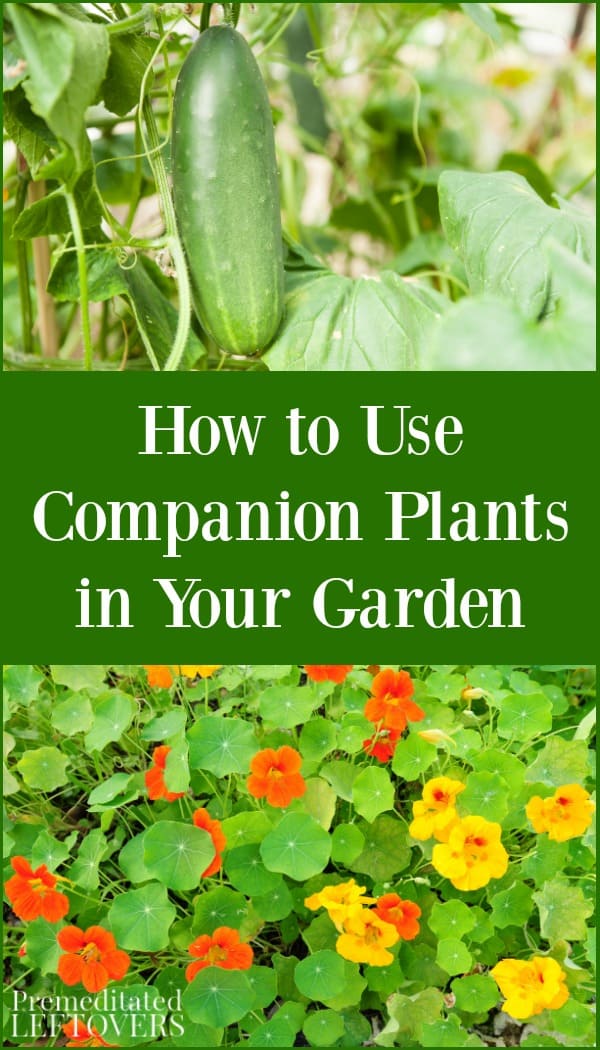
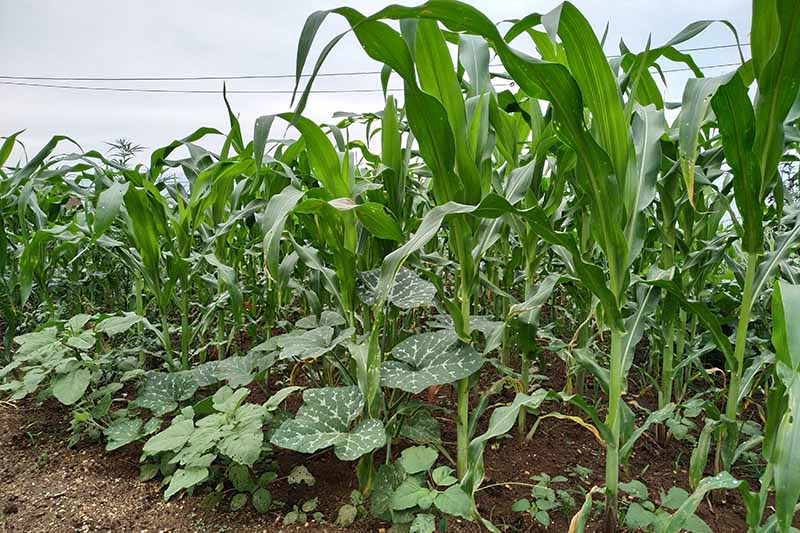
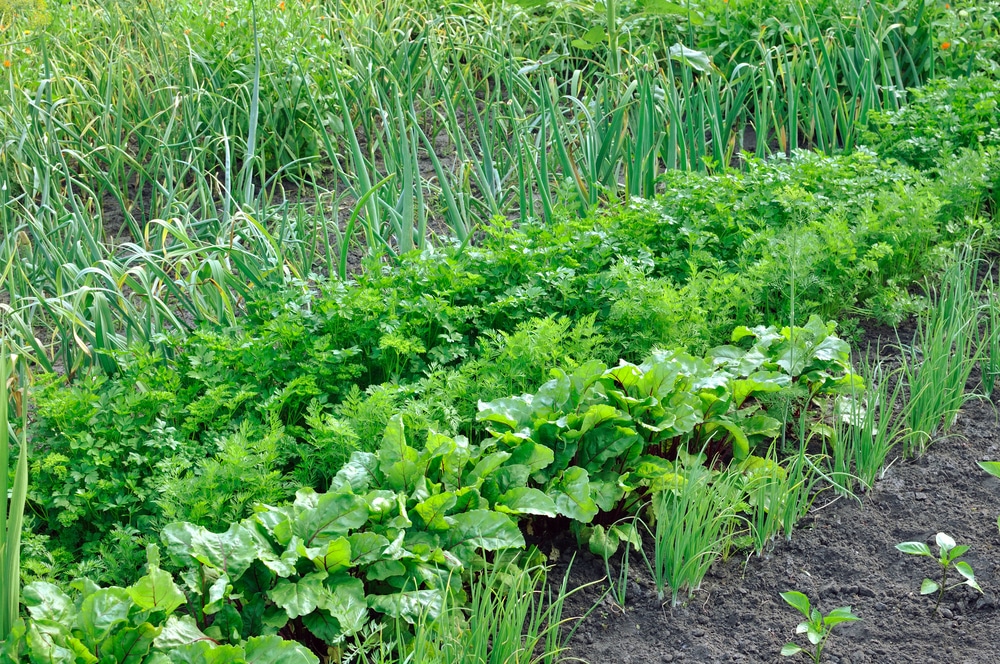
Post a Comment for "The Ultimate List Of Companion Plants For Vegetable Gardens"